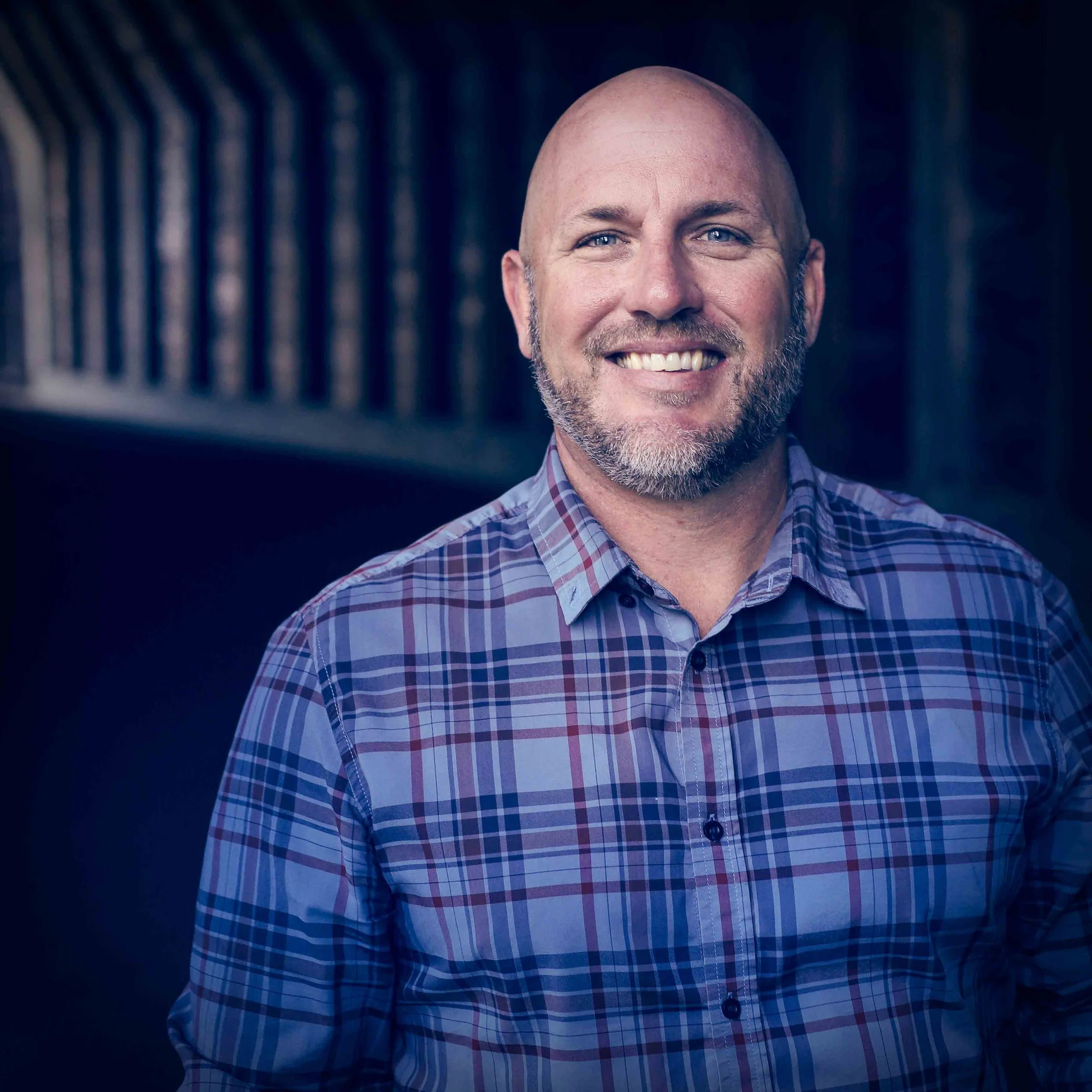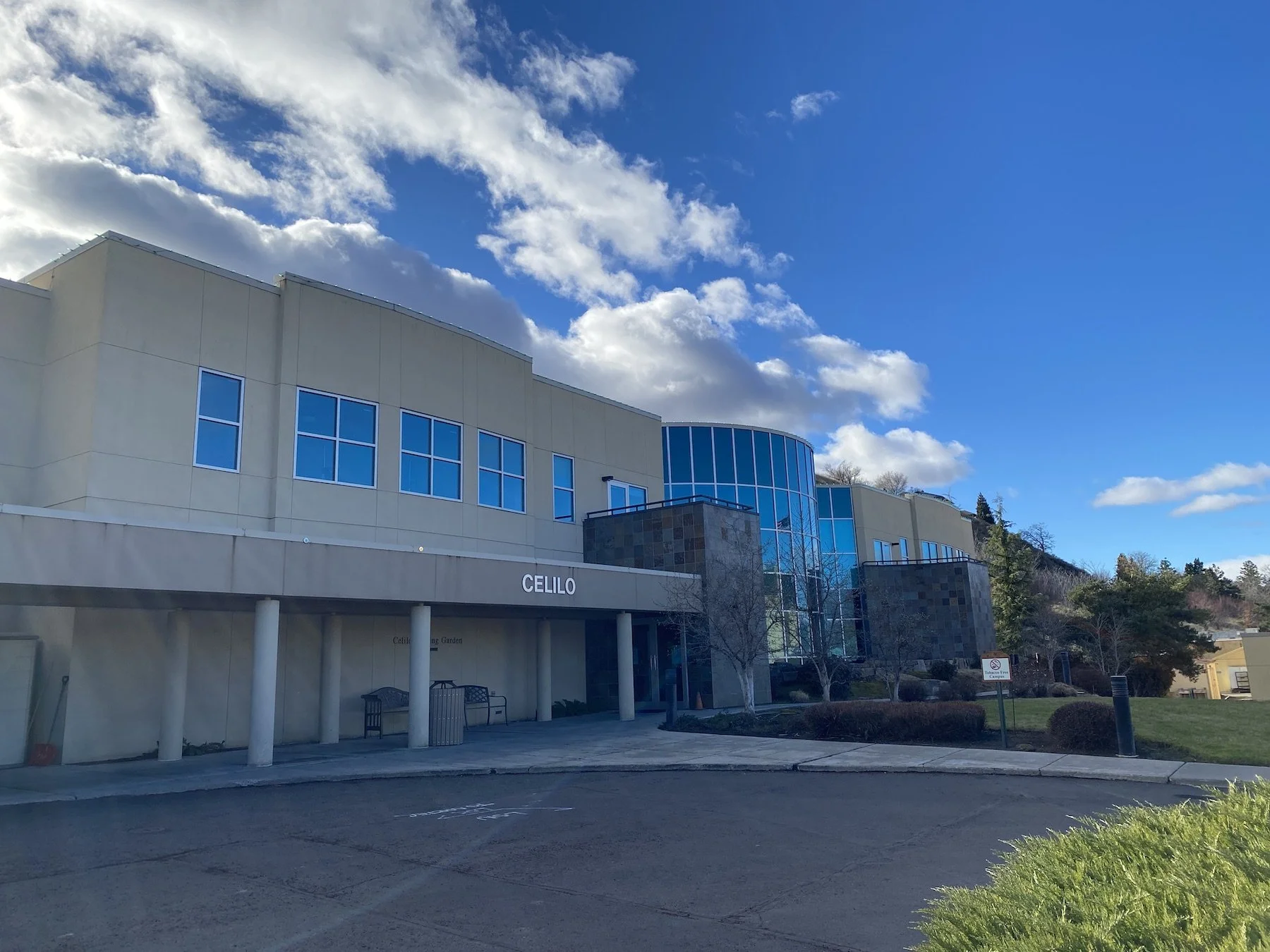Lessons Learned and Building a Better Future for Our Community, a Letter from Kenny LaPoint
A letter from Kenny LaPoint, Executive Director of Mid-Columbia Community Action Council (MCCAC):
Kenny. LaPoint
As winter set in, MCCAC found ourselves answering questions around a warming shelter at every turn. Where is the warming shelter? Why is there no warming shelter? More often than not these questions came at us in an accusatory manner that seemed to suggest our agency was not doing enough to provide resources to the community.
In light of this, I would like to take this opportunity to talk about some of the resources MCCAC is currently providing to the community.
MCCAC currently operates two shelters. One year-round 24-hour a day shelter in The Dalles, with 34 transitional beds. And a 26 bed, 24 hour winter shelter that operates November-March in Hood River. Both shelters provide vital services such as providing access to mental, physical, and behavioral, healthcare, employment, and housing case workers.
This work has resulted in over 70 people being housed since the beginning of 2022. It also requires 24-hr staffing by our approximately 20 of MCCAC’s 36-person team. And while our staff and volunteers are passionate about providing services to those in need in our community, it is quite literally a full-time job.
Still many seemed (rightly) concerned about St. Vincent de Paul’s decision to close the “warming place” which has historically operated during severe weather events and only during the overnight hours in The Dalles at St. Vincent de Paul in the Dalles for the past 13 years.
Upon hearing that SVDP would not operate the warming place, MCCAC made multiple attempts over a 9-month period prior to the winter months to contact the SVDP board and to offer staffing and financial resources to the SVDP to operate the facility.
However, as dangerous weather approached, SVDP had declined MCCAC’s offers. As it became clear that St. Vincent de Paul would not be operating their emergency weather warming shelter in The Dalles this year MCCAC chose to step up to the challenge of adding the operation of the warming shelter to their workload as a last resort,
The decision to do this was made because we value human life and we were not willing to let people in our community freeze to death during dangerous weather–even if we as an agency would have to endure significant hardship to ensure the safety of SVDP’s clients.
So eventually, after a lot of complicated logistical work, MCCAC opened SVDP’s doors as an emergency warming shelter from December 21st to December 24th.
What happened next was an absolute nightmare that stretched us far beyond our capacity as an organization.
We pulled whatever staff we could from other operations and mobilized emergency response systems. But regional travel was difficult for many of our staff and volunteers due to the weather. Fortunately, The Department of Human Services Office of Resilience and Emergency Management (DHS, OREM) and the Mid-Columbia Center for Living (MCCFL) provided staffing support. However, each person who assisted with shelter operations put their own safety at risk as they traveled to and from the warming shelter in snow, ice, freezing rain and sleet. DHS-OREM staff traveled from as far as Bend and MCCAC staff traveled from as far as Goldendale, WA in order to support the operation.
Additionally, MCCAC had to hire security to monitor the site. I am glad we did. As hiring security ended up being vital to the safety of our staff and shelter guests.
Over the four days that we operated the warming shelter we dealt with significant behavioral issues. This included open drug use, violence and non-compliance with general safety rules such as no drug use on shelter sites; no alcohol use on shelter sites; no violence or weapons. In one instance a shelter client threw their food at staff and a volunteer and then refused to leave the facility. This resulted in The Dalles Police Department escorting the individual off the premises.
In addition, this kind of behavior caused at least one elderly housed individual who was without heating to leave and return to their unheated homes because they did not feel safe.
Unfortunately, the needs of those who utilized the warming shelter site were much more significant than our current homeless service system is equipped to provide. Many of the clients demonstrated a need for intensive behavioral health support including mental health and/or substance use disorder services. Many required the care of a licensed residential treatment facility. And although our service partner, MCCFL, was able to offer some of these services, we are sad to report that the clients in question refused care. This left us with our hands tied in many respects, as the law requires that individuals must consent to receiving care, and the client's inability to comply with our health and safety rules meant they could not access warming services at our site. And over the days of operation, MCCAC had to ask multiple people to leave the shelter due to an inability to follow general safety rules.
The sum of this experience was physically, mentally and emotionally taxing for our staff and volunteers. This experience stands in stark contrast to the rewarding and hope-filled experience that comes with working at our other shelter sites.
For example, on Christmas Day I worked at our 34-bed tiny home shelter in The Dalles and it was, to put it simply: easy, enjoyable, community oriented, and filled with hope.
While much of my Christmas day was spent chopping up the ice-covered site to prevent falls at the shelter site, I also got the opportunity to have fruitful conversations with many of the shelter clients. Many of our clients helped to clear ice to create walkways throughout the site. And when they were not helping keep the site accessible, they were expressing thankfulness to the MCCAC team and our partners for our work to keep them safely sheltered. Some clients also expressed hope at the prospect of coming placements into permanent housing. And just knowing that this ephemeral hope exists in our shelters kept me warm while I shoveled.
So not only was there not a single point during the day where I felt uneasy or unsafe, I instead I felt a sense of community. Because that is what we have at our shelter sites-a community that I have enjoyed spending Christmas with these past two years.
So why the stark contrast? In order to be admitted to our shelters clients must be willing participants in a culture of safety, shelter, mutual respect, and community. Whereas what we saw at SVDP was that many who had historically accessed the warming shelter on Pentland Street are unable to access other shelter resources due to an unwillingness or an inability to comply with safety rules or engage in respectful treatment of others.
MCCAC’s mission is to “build a better future for our community.” This includes EVERYONE in our community. With that in mind we regret to inform the community that while MCCAC does not wish that any community member experience a significant health impact or even death as a result of being unhoused and unsheltered, we are not willing to put the health, safety and well-being of our staff, community partners, volunteers or the greater community at-risk by serving clientele that cannot behave in a safe and respectful manner. This decision does not come from a lack of caring but rather from a sense of self-preservation as individuals, an agency, and a community.
It is the choice of those in need of services to engage or not engage with MCCAC’s numerous resources. While our office often fields questions about a perceiving lack of available resources, we are happy to report that we actually do have many resources available to our clients and are seeing successes occur in our shelters nearly everyday. So while it is sad that there are some in our community we are unable to serve, we choose to focus on hope. Hope that those who are currently unable to access services due to an inability to comply one day do find themselves making choices that are in their best interest and in the best interest of the community. After all, service providers cannot make the choice for the client and we cannot ignore the safety of the rest of the community in order to serve one person.
On a lighter, more positive note, MCCAC will soon be increasing the availability of transitional shelter beds significantly in 2023. We anticipate having over 100 transitional beds available in The Dalles by mid-year. This is a three-fold increase from what is currently available and will also add a significant number of family shelter beds. Family shelter in the region is lacking significantly and we are going to change that.
We also anticipate the completion of MCCAC’s Navigation Center by the Fall of 2023. The Navigation Center will serve as a primary point of entry for those seeking out longer term shelter and housing options and it will provide access to the services of multiple agencies in one location. These services include housing, utility assistance, homeless prevention, weatherization, Veterans services, culturally specific services for Native and Latinx community members, healthcare, behavioral health, workforce and job training.
Additionally, the site will house a future emergency shelter for the region. This includes both warming and cooling center services. (This shelter will operate under the same rules and safety guidelines that MCCAC utilizes at all of its sites. These rules are: no drug use on shelter sites; no alcohol use on shelter sites; no violence or weapons. All clients are provided with housing case management to help them become placed into permanent housing. And last but not least, everyone is expected to be respectful of other shelter clients, shelter staff and the overall community.)
Our hope is that this emergency shelter will help those in need to escape the cold or heat for a day, and utilize our services to help them create hope for permanent stability. After all, our goal is to end our need for shelter by ending houselessness and poverty…one household at a time.
In service to our community,
Kenny LaPoint
Executive Director
Mid-Columbia Community Action Council
Mid-Columbia Community Action Council (MCCAC), is the Community Action Agency serving Hood River, Wasco and Sherman Counties. MCCAC is the lead coordinator of houseless services for the region and they oversee the Mid-Columbia Houseless Collaborative. They operate two transitional tiny home shelter sites; with 34 beds in Wasco County and 24 beds in Hood River County. They also provide utility assistance, home weatherization, Veterans services and homeless prevention programs. For more information, visit www.mccac.com





